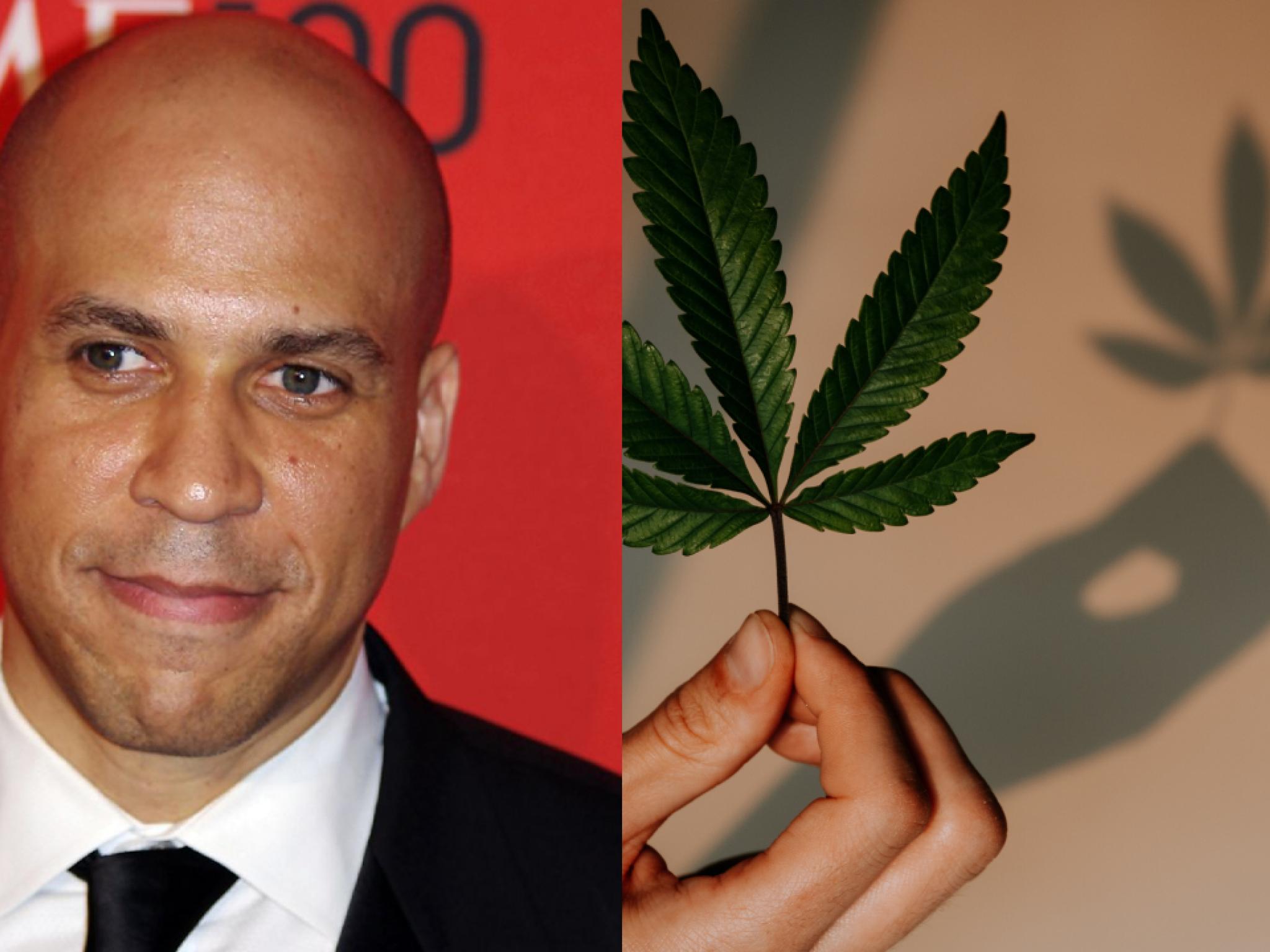
President Joe Biden announced on Thursday that he will pardon all prior federal offenses for simple marijuana possession, saying “No one should be in jail just for using marijuana.” Biden urged governors to do the same on a state level, as his pardon only affects those serving time in federal prisons.
The move was welcomed by many politicians, but not everyone. For example, Texas Governor Greg Abbott made it clear that he will not issue pardons in the Lone Star State.
What about the cannabis advocate, Senator Cory Booker (D-N.J.), who along with Senate Majority Leader Chuck Schumer and Senator Ron Wyden (D-OR) introduced a marijuana bill in late July that would decriminalize and deschedule cannabis on the federal level?
Stunning Impact
In a recent interview with NPR’s Juana Summers, Booker said that the impact of Biden’s action “is stunning.”
“As a person who went to Stanford and Yale and grew up in high school in an affluent area, lots of people used marijuana. You saw it very prevalent. We've had former presidents, senators, congresspeople admit to doing it, but very low risk, low consequence," Booker said. "The people who often are getting these charges for simple possession and getting criminal records are disproportionately low-income, disproportionately Black and brown, and it's a lifetime sentence. In other words, they're - they may not serve any jail time, but they, for the rest of their lives, will have a hard time getting a job, getting a business license, getting loans, getting certain housing opportunities.”
Booker pointed out that African Americans are nearly four times more likely to be convicted for marijuana possession than white people, even though their consumption rates are almost the same.
Summers brought up a letter Booker wrote and co-signed with Sen. Elizabeth Warren (D-MA), Bernie Sanders (I-VT), Ron Wyden (D-ORE), Kirsten Gillibrand (D-NY), and Edward J.Markey (D-MA) urging the Biden administration to “use its existing authority to (i) deschedule cannabis and (ii) issue pardons to all individuals convicted of nonviolent cannabis-related offenses.”
In the letter to President Biden, Attorney General Merrick Garland, and Health and Human Services (HHS) Secretary Xavier Becerra, the politicians wrote, “The Administration’s failure to coordinate a timely review of its cannabis policy is harming thousands of Americans, slowing research, and depriving Americans of their ability to use marijuana for medical or other purposes. We ask that the Biden Administration act quickly to rectify this decade-long injustice harming individuals, especially Black and Brown communities.”
Still More To Do
"So Senator, does the action taken this week go far enough in righting that historic legacy of harm?” asked Summers.
Booker said the President's pardon was a significant step, but “we still have longer to go. We need full expungement. Presidential pardons could be gateways for people to get out of this sort of poverty convictions often carry that force people to live on the margins, but there's more that we can do to sort of create a fair playing field when it comes to our criminal justice system.”
Optimism Remains
Booker said he's hopeful that full cannabis decriminalization could happen in the near future.
“It's interesting because, you know, almost about 19, 20 states now have legalized for adult use - even more for medical marijuana. Many of those are red states that have voted overwhelmingly for it. I think that there's enough space right now, and there are already conversations and dialogue going on about some kind of bipartisan movement because we see problems within the banking industry, and a lot of people who are winning licenses can't get access to loans and more," Booker said.
"So there's a lot of folks who understand that we have to act on the federal level to do more than the president's done, and I'm hopeful that this Congress, actually - in the lame duck after the midterms - I'm very hopeful we can get something done."
Booker shared similar optimism in August when he said he’d been gaining enthusiasm.
“We have more and more state senators coming on to the major bill, and now more Republicans stepping up looking to help us perhaps land to compromise.”
That statement came shortly after Booker revealed that he was open to compromise, signaling the possibility that his chamber might pass a marijuana banking measure with certain social equity components, before taking action on the CAOA.
Photo: Benzinga Edit; Sources: David Shankbone via Wikimedia Commons and Shelby Ireland on Unsplash







